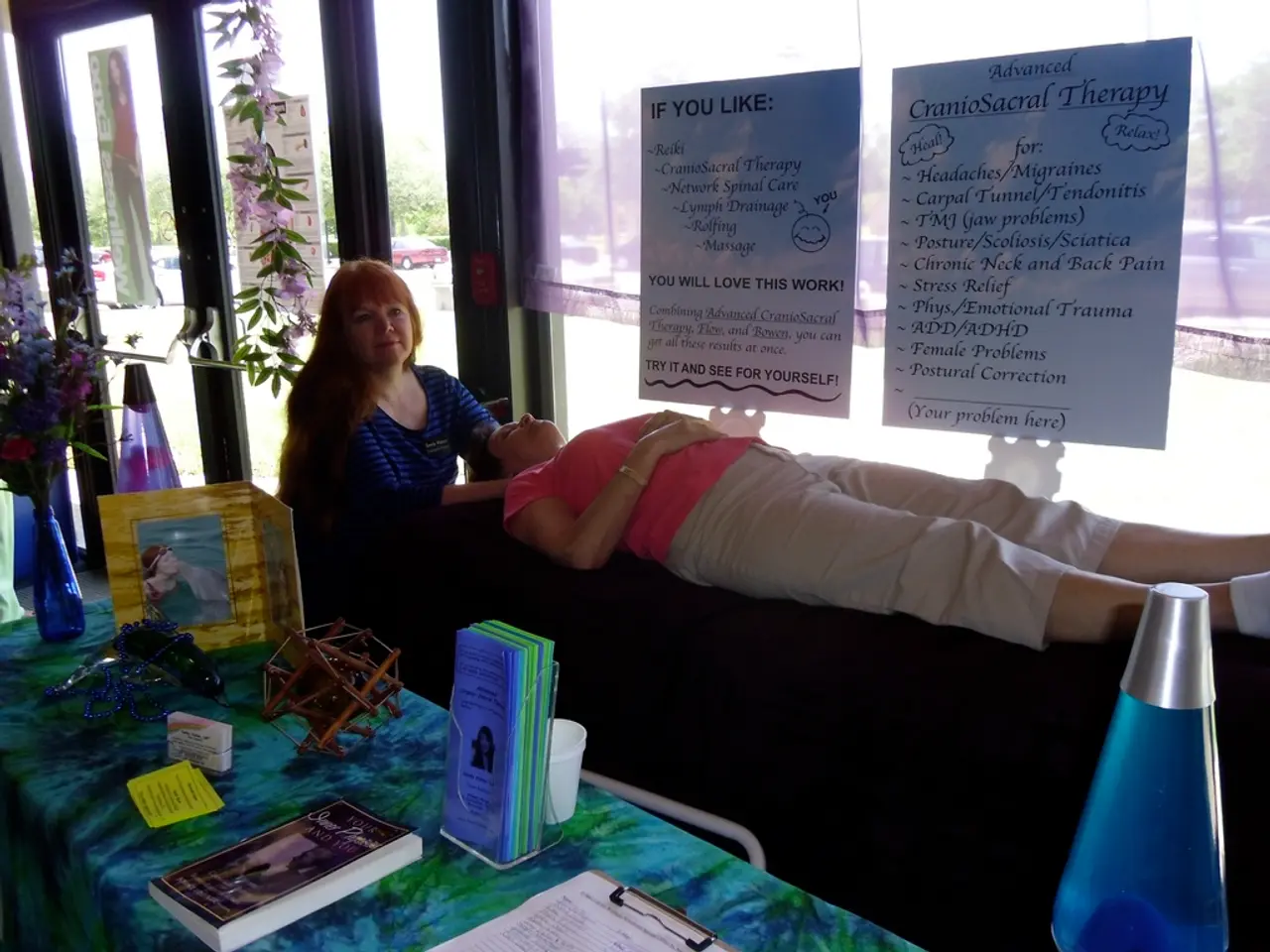Recognizing Late-life Depression: Catch Symptoms Quickly
Depression is not just a problem for the young. It affects both younger and older adults, but the challenges in diagnosing and treating depression in the older population are unique and complex.
Firstly, the symptoms of depression in older adults can be atypical or less obvious. Instead of expressing sadness, older adults may exhibit fatigue, irritability, sleep problems, or cognitive issues that can mimic dementia or Alzheimer's disease, making diagnosis more difficult.
Secondly, older adults frequently have other medical conditions and take multiple medications whose side effects can mimic or contribute to depressive symptoms, complicating the clinical picture. This overlap with aging and life changes, such as bereavement, retirement, or chronic illness, can also make it difficult to distinguish between normal adjustment and clinical depression.
Thirdly, there is evidence that older adults experience chronic inflammation, which may exacerbate or trigger depressive symptoms. For example, older adults with insomnia show pronounced depressive reactions to inflammatory challenges, indicating biological mechanisms that may differ from younger adults.
Fourthly, older adults may be less willing to discuss emotional symptoms, and clinicians may underestimate depression due to stereotypes that depression is a normal part of aging, leading to under-recognition and under-treatment.
Treating depression in older adults also poses challenges. Treatments may need adjustment due to age-related physiological changes, drug interactions, and coexisting medical conditions. Integrating biological and behavioral phenotypes, such as targeting insomnia and inflammation, may improve treatment efficacy in older adults.
Depression in older adults often presents with more somatic (physical) symptoms than in younger populations. Earlier diagnosis of depression or anxiety can improve the chances of treatment. However, when treating older adults with medication, there is a higher likelihood for interaction with other medication and for toxicities to occur.
The Neuropsychiatry Unit at the Champalimaud Foundation in Lisbon, Portugal, is headed by Albino Oliveira-Maia, who has reservations about awareness campaigns, particularly self-diagnosis, which can lead to misclassification. He emphasizes the importance of tailored assessment and integrated treatment approaches for older populations.
Abuse from caregivers can also be a potential contributing factor to depression in older adults, as highlighted by the World Health Organization. Depression can be worse for older people due to a lack of awareness among patients and physicians, stigma, or a combination with or trigger from a somatic illness.
If you are suffering from emotional strain or suicidal thoughts, seek professional help. You can find information on where to find help at www.befrienders.org. It's crucial to remember that depression is a real illness that requires attention and treatment, just like any other physical ailment.
- The World Health Organization has pointed out that abuse from caregivers can potentially contribute to depression in older adults, making it worse due to a lack of awareness among patients and physicians, stigma, or a combination with or trigger from a somatic illness.
- The media often focuses on depression as a problem primarily affecting younger people, yet it's important to acknowledge the unique challenges in diagnosing and treating depression in older adults, particularly due to atypical symptoms, medical conditions, medications, and cultural stigma that can lead to under-recognition and under-treatment.
- As the Neuropsychiatry Unit at the Champalimaud Foundation in Europe highlights, treating depression in older adults requires tailored assessment and integrated treatment approaches, including addressing potential complications such as drug interactions, inflammation, and behavioral factors related to mental health and well-being.




